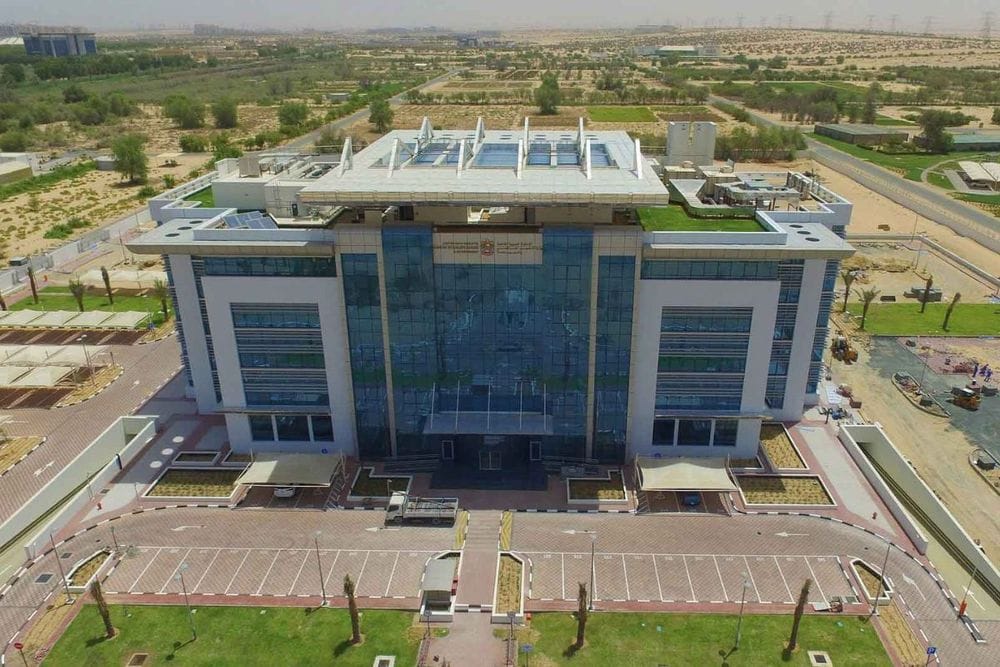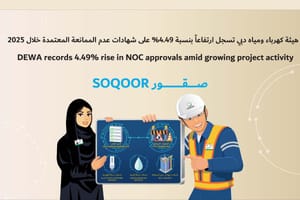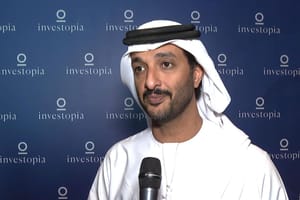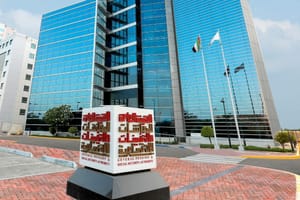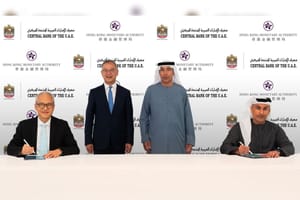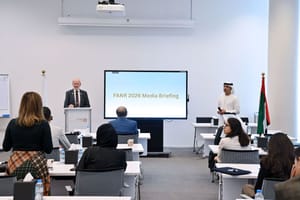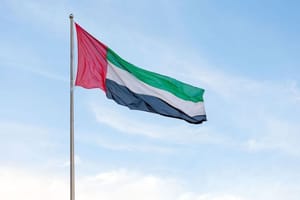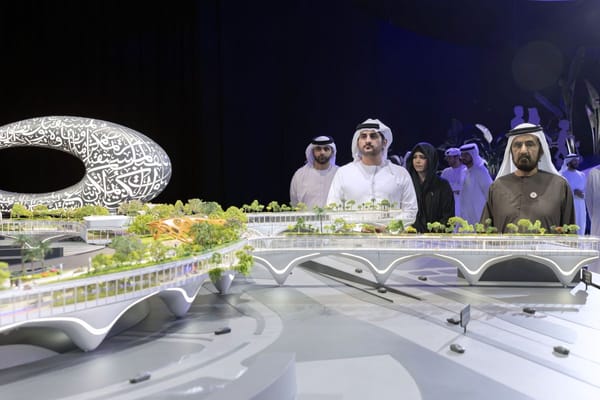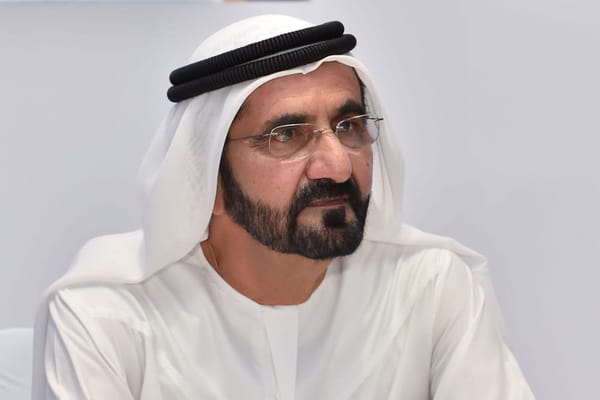This initiative aligns with the UAE’s Integrated Waste Management Agenda 2023-2026, targeting waste reduction, increased recycling rates, and the promotion of a circular economy to support sustainable economic growth.
EPR assigns manufacturers the responsibility for managing their products’ life cycle, including waste recovery, treatment, and disposal. This approach encourages industries to adopt sustainable manufacturing practices and fosters public-private partnerships (PPP) for innovative waste management solutions.
Eng. Alia Abdul Rahim Al Harmoudi, Assistant Undersecretary for the Sustainable Communities Sector at MOCCAE, emphasized that EPR is pivotal to achieving the UN Sustainable Development Goals. She noted that the framework strengthens private sector involvement in waste management, reduces landfill dependency, and optimizes resource utilization.
Rooted in Federal Law No. 12 of 2018 and its Executive Regulation, the framework focuses on packaging materials, electronic devices, and batteries. The Ministry collaborated with stakeholders, including producers, retailers, and environmental authorities, to develop the system, conducting studies and workshops to ensure inclusivity.
A pilot project based on EPR principles is under development, aimed at assessing the framework’s effectiveness. The initiative will also raise community awareness about proper waste disposal, reinforcing collective responsibility for protecting natural resources and advancing environmental conservation.
This transformative step by MOCCAE positions the UAE as a regional leader in integrated waste management and sustainable practices.
News Source: Emirates News Agency
